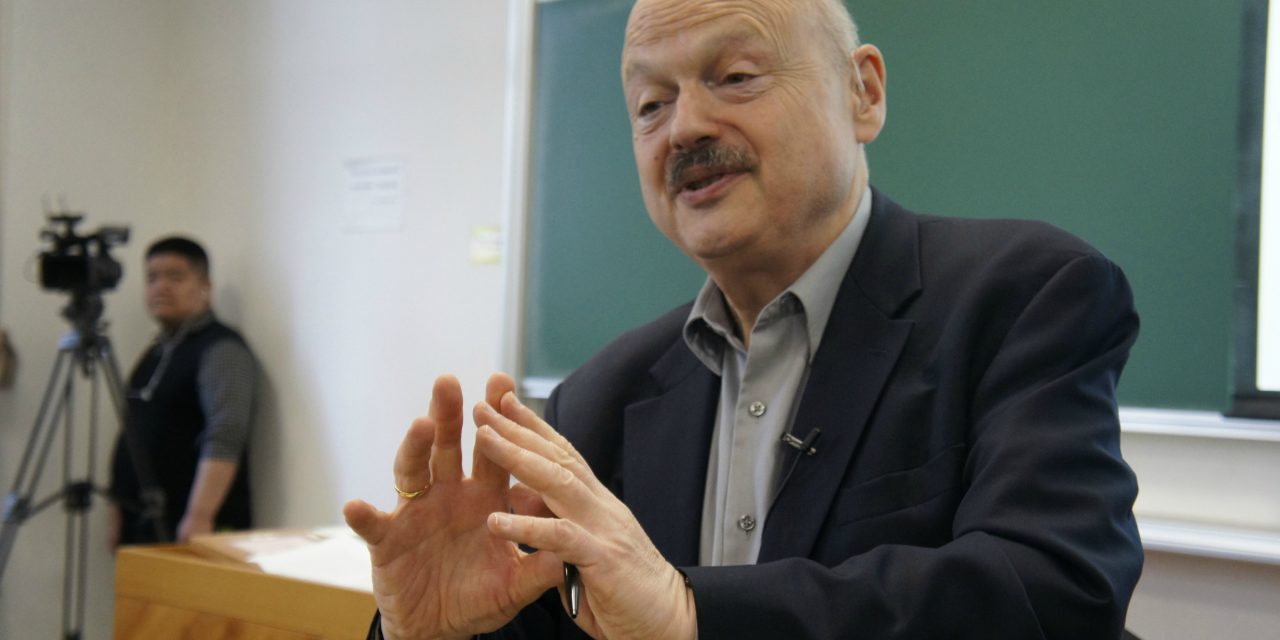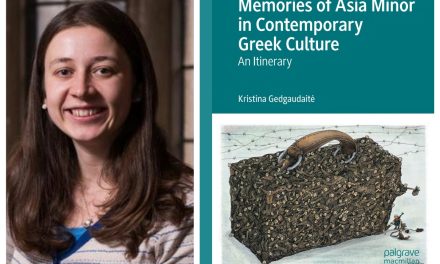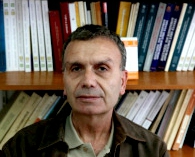Michael Herzfeld is one of today’s leading figures in the discipline of Social Anthropology; his main body of research has focused on identity construction in Greece, while in most recent years his work has also included ethnographic research in Italy and Thailand.
He is Ernest E. Monrad Research Professor of the Social Sciences at the Department of Anthropology of Harvard University; he is also IIAS Visiting Professor of Critical Heritage Studies at Leiden University, Chang Jiang Scholar and Visiting Professor at Shanghai International Studies University, and Professorial Fellow at the Faculty of Humanities of the University of Melbourne, and holds academic affiliations at Thammasat University in Bangkok and the Università di Roma-I (“La Sapienza”). Before moving to Harvard, he taught at Vassar College and Indiana University. He has also held visiting appointments and affiliations at the University of Manchester, the École des Hautes Études en Sciences Sociales in Paris, the Università degli Studi di Padova, Shandong University (Jinan, China), Chinese University of Hong Kong, and the Université de Paris-X (Nanterre), and has lectured at many institutions around the world. He holds honorary doctorates from the Université Libre de Bruxelles, the University of Macedonia (Thessaloniki), and the University of Crete.
In addition to numerous articles and reviews, he has authored the following books: Ours Once More: Folklore, Ideology, and the Making of Modern Greece (1982), The Poetics of Manhood: Contest and Identity in a Cretan Mountain Village (1985), Anthropology through the Looking-Glass: Critical Ethnography in the Margins of Europe (1987), A Place in History: Social and Monumental Time in a Cretan Town (1991), The Social Production of Indifference: The Symbolic Roots of Western Bureaucracy (1992), Cultural Intimacy: Social Poetics in the Nation-State (1997), Portrait of a Greek Imagination: An Ethnographic Biography of Andreas Nenedakis (1997), Anthropology: Theoretical Practice in Culture and Society (2001), The Body Impolitic: Artisans and Artifice in the Global Hierarchy of Value (2004), and Evicted from Eternity: The Restructuring of Modern Rome (2009). His most recent monograph is Siege of the Spirits: Community and Polity in Bangkok (2016). Several of his books have appeared, or are scheduled to appear in other languages (including Greek of course). He also filmed and produced Monti Moments: Men’s Memories in the Heart of Rome (2007) and Roman Restaurant Rhythms (2011).
Greek News Agenda* had the opportunity to interview Professor Herzfeld on the key themes of his research on Greece, as well as on the broader aspects of his work and analysis.
Your long-standing research on modern Greece has brought forth the particular condition which the Greek state seems to be under since its creation in the 19th century: a sense of cultural ambiguity, along with an ostentatious adherence to western ideological precepts. To what extent do you consider this ambivalence relevant today?
I think the best way to answer is by means of language. Nowadays virtually no one speaks katharevousa or uses it consistently in writing, but it is always present, an ever-present and often ironic echo that can be used to claim authority, signal pomposity in an interlocutor, or simply to satisfy some criterion of elegance and balance in a sentence. It’s also more evident in formal situations – legal or bureaucratic documentation, for example. So while we can say that this artificial neo-classical language is no longer either the official language of the country or a regular mode of communication, it’s also true that it constantly reappears to tease our historical sensibilities and our sense of linguistic propriety. You can say much the same about the dual modalities of Greekness that emerged with Independence and formed the basis of most debates on the subject at least up to the fall of the military junta in 1974 – the tension between the Hellenic and Romeic models. To be sure, the latter term is heard less and less, but the sense of Greekness that most people seem to assume, more or less unconsciously most of the time, is the Romeic one, although the Western-inspired understanding of Greece’s classical roots remains to some extent in tension with this “culturally intimate” version of Greekness as well as with elements that have genuinely and undeniably persisted from ancient times though perhaps with forms, meanings, and geographical relevance very different from what the pre-1974 ultra-conservatives, for example, would ever have realized or admitted. As Greece today settles to its new role as a shining example (in a world showing signs of increasing authoritarianism) of a truly workable democracy, despite the flaws that many Greeks themselves admit, Greeks seem increasingly comfortable with a history that isn’t all helmets and heroism – that even embraces values and practices of which some Western Europeans would disapprove. Greeks today are asserting collective and individual dignity through new forms of inclusiveness and solidarity that also allow them to recognize cultural traces of the non-Western “other” in themselves. I think that this more relaxed understanding of their identity goes hand-in-hand with the strengthening of democratic institutions – especially the all-important alternation of parties of honestly differing ideological stripe, something that many Western countries are failing to achieve a comparable degree – and with the withering of the strident nationalism that in the past has so greatly embarrassed the country and made it vulnerable to geo-political pressures exerted by its so-called allies and protectors.
Some people think that the Hellenic-Romeic distinction isn’t so interesting any more, but I feel that they are missing the point – they are failing to see the still-influential shadow of what was really the core issue of my first book, Ours Once More (which, by the way, is being republished in an expanded an updated edition by Berghahn, something that I hope will contribute constructively to a more informed discussion of these matters).
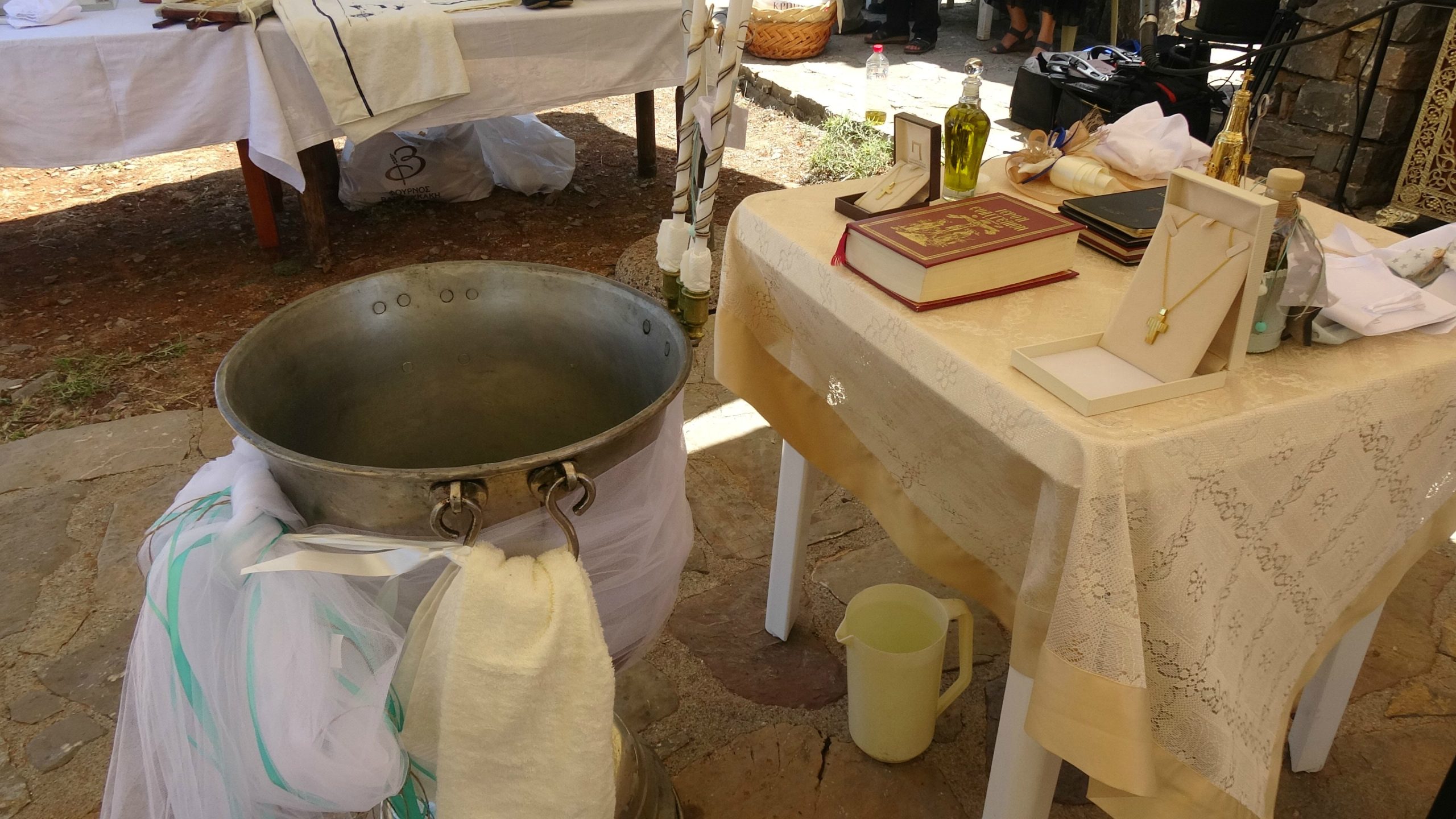
Your work has introduced the term “crypto-colonialism” (a condition of nominal independence combined with geopolitical subjugation) in regards to Greek history. Could you expand on the contemporary relevance of the term as well as the qualitative differences between the Greek case and other “crypto-colonial” histories?
Greece today is ceasing to be crypto-colonial for all the reasons I’ve just mentioned. But that doesn’t mean it isn’t important to think about why there has been so much resistance to the term in some quarters – a resistance that, like the fury generated by Martin Bernal’s Black Athena, speaks volumes about the attitudes that inform it. I’ve been accused, for example, of “orientalizing” Greece because I was struck by moments of claiming a “European identity” as a source of cultural pride. I wasn’t in fact denying that identity – people have the right to identify themselves as whatever they want – but the accusation of orientalism is, ironically, evidence of an orientalist reluctance on the part of some Greek conservatives to accept the idea that in respect of the history of its cultural politics, Greece can be compared to Asian countries such as Nepal, Iran, and, especially, Thailand. Why does it matter so much to them? Do they approve of the idea of “protecting the European way of life,” to cite a recent EU initiative? What do they understand by this? It’s the freedom to recognize, enjoy, and discuss cultural borrowings from a plethora of sources, and to see Greek influence elsewhere as well, that to my way of thinking represents the new strength of the country. And in that context, let’s indeed discuss what the heuristic and descriptive term “crypto-colonialism” brings together. For instance, there are clear parallels between the trajectories of the 1967 junta and the present-day Thai regime; there are also important differences. And it’s the play of similarity and difference, not some assumption of absolute similarity, that makes cultural comparison interesting and useful. I’ve never claimed that everything one could put under this label is somehow all the same. That would be counter-productive. But I do think it’s useful to get outside the usual boxes – for example, of “Mediterranean culture” (which is, by the way, an equally contested term, and I was perhaps one of the most active challengers of the concept in my early career, as you know). I’m not going to pretend that I don’t understand the attitudes that undergird the objections some have raised to the crypto-colonialism concept. On the contrary, it would be disingenuous to see those objections as unconnected to political ideology. Which, by the way, is absolutely within the moral rights of those who feel that way. But I think it is a retrograde and reactive attitude, a defensiveness of the kind that makes me suspect that these people actually know perfectly well what I’m talking about but that they consider that knowledge to be part of their “cultural intimacy” – that is, something not to be shared with obnoxious foreign critics! Or, for that matter, even with well-intentioned ones. The absolute refusal of some commentators even to contemplate the comparison with Thailand, for example – especially given the well-documented role the Thai students at Thammasat University played in 1973 in inspiring the student revolutionaries of the Athens Polytechnic – speaks for itself; and it’s not a healthy attitude for people claiming to be democratic. If they truly believed in democracy, they would at least be willing to discuss it, and wouldn’t dismiss it out of hand.
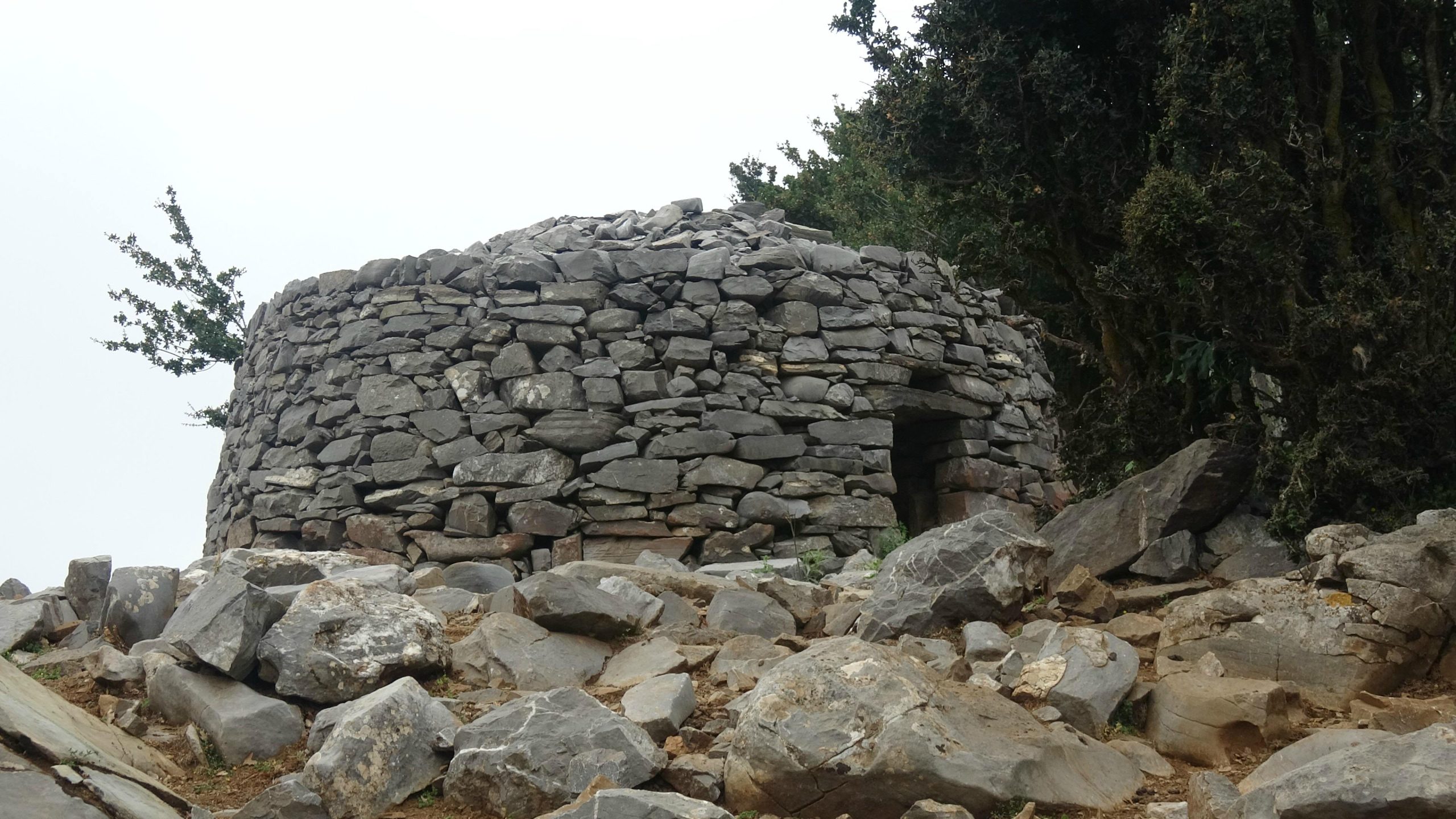
Your writings on the European economic crisis have emphasized the importance of issues such as “cultural aggression” and “humiliation”. Do you suggest that in order to understand modern-day political conflicts (both international and domestic) we should pay more attention to the importance of symbolic conflicts and gestures?
Look, symbols are as material as tanks and guns and can sometimes do comparable harm. So let’s also recognize that Greece has suffered acute humiliation at the hands of its so-called friends, notably in the E.U. That, by the way, is another important point of comparison with Thailand, a country that has suffered numerous territorial losses thanks to great Power machinations in the 19th century and where its so-called friends have been so concerned to beat back the specter of communism that they had little respect for its national sovereignty. That should sound quite familiar to Greeks!
But to come to the point of your question: why must we separate the symbolic from the material? As an anthropologist, I feel an intellectual as well as an ethical obligation to push back against the perpetuation of Cartesian distinctions (especially because they also underlay the discrimination between supposedly fatalistic “natives” and proactive “Europeans”). The story of the Elgin Marbles is a perfect illustration of something that is both material (the marbles are, one presumes, quite solid!) and symbolic (and in my view have become symbolic of the humiliation that Greece suffered at the hands of the British). We can accept that Lord Elgin may have saved them from destruction, and we can debate the rights and wrongs of their remaining in the British Museum. But let’s not simply recycle the British argument that giving them to Greece – I prefer that term to “returning” them, since they were the possessions of heedless Ottoman officials at the time of their removal – would set a dangerous precedent. Repatriation is an increasingly common museum practice these days (here the United States seems to offer a rather positive illustration, even if it isn’t perfect). The point is to recognize that what one is doing is not so much handing over a material possession as righting a hurtful and consequential symbolic wrong. And the British attitude that represented the Greeks as incapable of careful stewardship is insulting, factually wrong, and – well, an equally dangerous precedent, one that should never have been set!
Your more recent ethnographic work in Italy and Thailand allows you to establish comparative observations with Greece. Regarding tourism and heritage conservation – commonly shared traits in all three countries – would you say that their importance has defined particular ways of self-perception for these societies, as well as their specific position in what you term “the global hierarchy of value”?
Dependence on tourism creates incentives for all sorts of manipulations of culture and often has the effect of reinforcing both the reality and the perception that all three countries, and many others, are not only client states but heavily dependent on tourism for economic survival. Italy, which also claims identity as an economic power in its own right, has a long tradition of catering to visitors thanks to the centrality of pilgrimage in its cultural profile; Thailand and Greece look like more recent arrivals and can’t claim a similar long and glorious history of providing for international religious visitors although both certainly do have important forms and sites of pilgrimage. So one effect of tourism is to reinforce a hierarchy that already existed and was largely imposed on the world by the Western colonial powers. At the same time, tourism does also provide economic support for people who might otherwise be in pretty bad shape. Take the case of Rethimno where, as you know, I have conducted extensive research. When I first worked there, local people seemed to have little or no interest in the historic character of their built environment. Not only did tourism change all that, as I’ve documented, but it seems that Rethimno got through the worst of the economic crisis much better than most of the rest of the country, including Athens. On the other hand, chasing tourists’ money can sometimes produce ingratiating forms of behavior that reinforce, once again, the sense that these people are dependent on crumbs from the tables of the rich, and locals lament the impact of commercialization on the social values of the past – a form of nostalgia that may be idealizing but that does nevertheless recognize genuine cultural change.
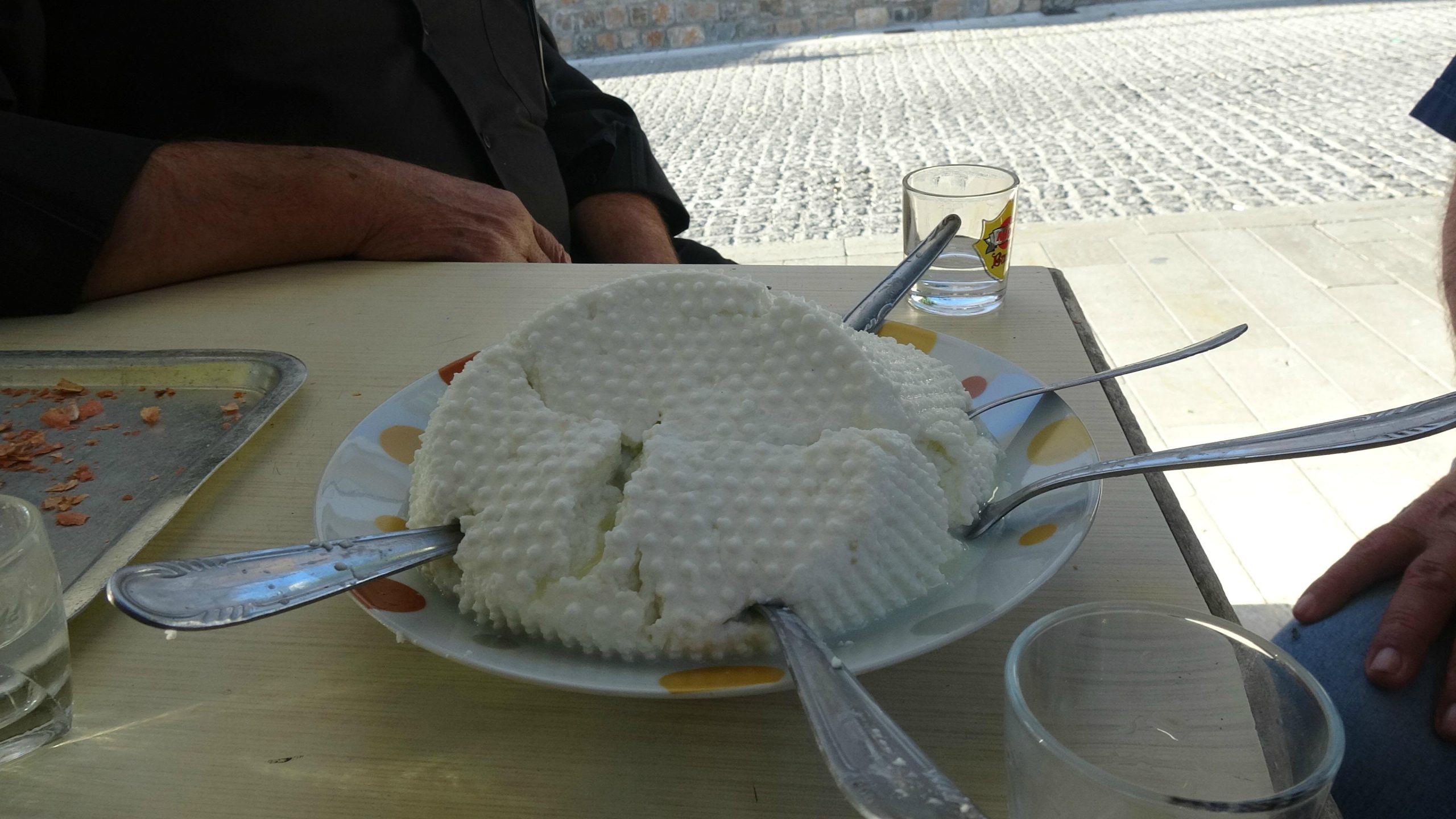
That may not always be the local perception, however, especially as the act of offering hospitality can symbolically reverse the relationship of dependency. Given the representation of tourism as a “hospitality industry” – a revealing expression that conjoins a moral value with a commercial one! – we can surmise, and there may be empirical evidence to support this idea, that local people actually come to feel superior to the tourists they are feeding, letting into their homes, and guiding around the sites. And Greeks conventionally dislike being subordinates of any kind; anthropologists have long noted the widespread resentment of being “employees,” the word for which in Greek literally means “underneath others.” In Italy, there is a much older tradition of taking pride in acts of service. And in Thailand any performance of personal humility accords well with Buddhist notions of self-abnegation – something very different from the self-regard, the eghoismos, that observers from my own teacher John Campbell on have viewed as integral to the Greek value system. So these local features produce different valuations of what it means to be a “tourist destination” and, as a result, different effects on the visitors’ experiences and a distinctive calibration in each case to the global hierarchy of value. That said, the global spread of neoliberalism does seem to flatten some of those contrasts.
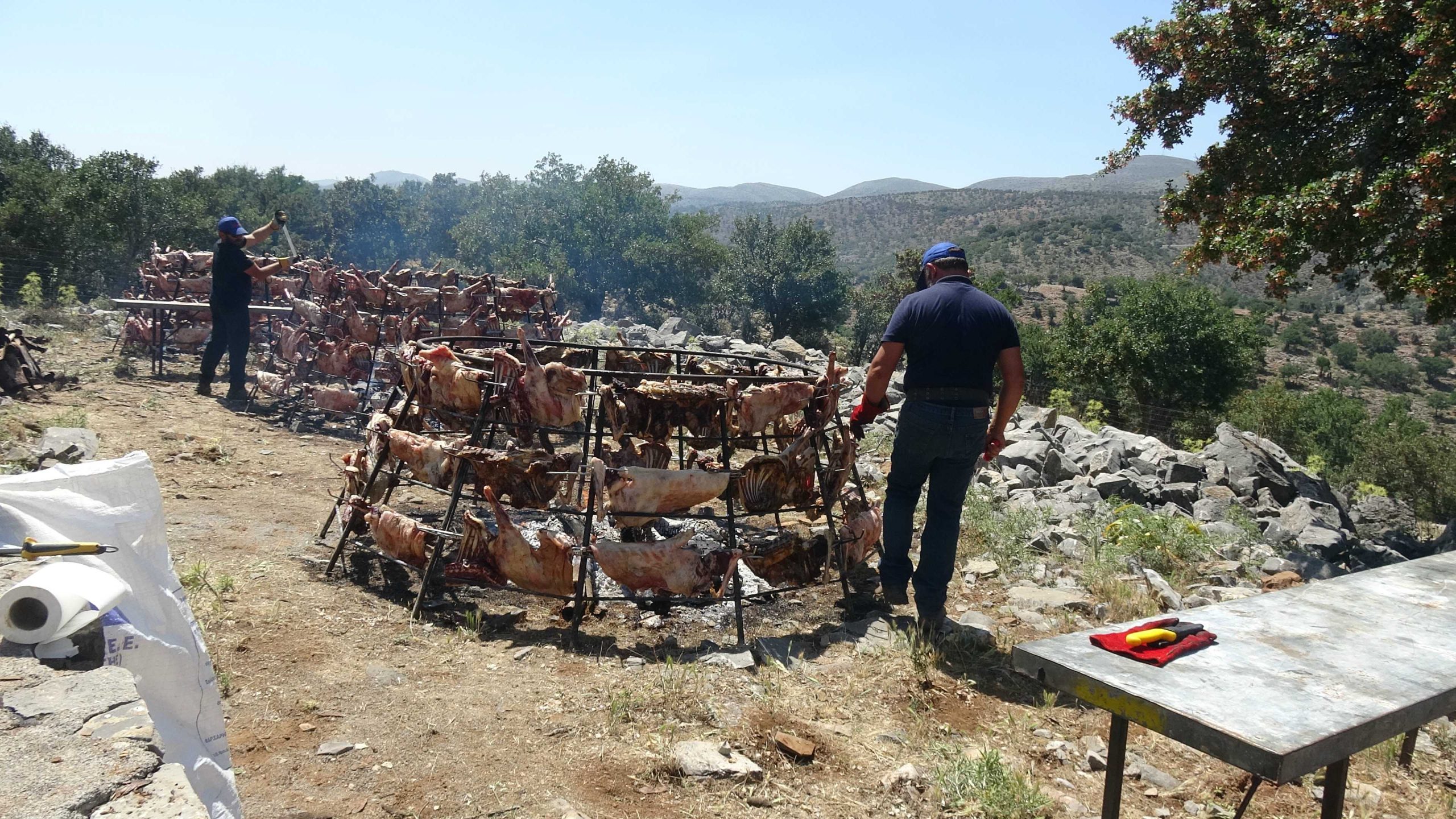
In what ways do you argue social anthropology and the ethnographic method are of relevance in today’s academic landscape? What challenges do you see for anthropological research in the immediate future?
I’m very glad you asked that question! For me, anthropology is the discipline par excellence that offers comprehensive and robust responses to the evils of racism and intolerance. It’s also a discipline that has practiced reflexivity – self-awareness – in ways that, if they became habitual in politics and governance, would definitely make for a better world. I’d like to promote that idea in some of my future writings. What’s more, because ethnographers typically spend a long time in the field, they experience all sorts of situations that belie the huge generalizations we are asked to accept from other social scientists and from bureaucrats. So they are in a position of speaking truth to power – something I believe they should do more forcefully and more often than has been the case until now. That said, I also feel they should be careful not to abandon academic writing and long-term ethnographic research. Those things are the basis and source of their legitimacy as well as of their critical knowledge. If they fail to maintain those activities and the exacting standards that are required for them – excellence in language learning, adaptability under a wide range of cultural circumstances, a very thick skin and a robust sense of humor, and a huge curiosity about that miracle that is human diversity – they will yield to the self-fulfilling prophecies that are increasingly being served up to us in the form of audit packages. These, to clarify, include such absurd constructs as “impact factors” and that ill-defined but omnipresent concept called “excellence.” That might help us to resist (or at least to examine) those generalizations and predictions that anthropologists know from their practical experience simply don’t hold true in real life, but that can be made into a simulacrum of truth by cynical media management.
Anthropologists today are much more adventurous in their choices of field sites. I used to think that a good definition of power was the ability to keep anthropologists out! And perhaps that’s still true to some extent. But we have been able to study elites, powerful families, governments, planning bureaus… all sorts of sites of real social power. So that is a sea-change for the discipline, and one that has important consequences for the role we can play in the world. One dimension of this has been the emergence of robust studies of so-called “Western” societies as well as of technological and scientific sites of knowledge production. I find these developments very exciting, and I think they will also give greater heft to the ability of anthropologists to exert some degree of influence in the world – something that I believe, and not only because I’m an anthropologist myself, can only be beneficial.
I’d like to conclude with a comment about how anthropologists think about their work (or perhaps, to be honest, what I believe they should think about it!). We are an empirical discipline. That doesn’t make us empiricists. As you know, empeiria in ancient Greek meant experience; -ismos, or “-ism” in English, means the imitation of something. So the work we do is empirical; it’s based on real-life experience in real time and in real places (this also makes me, I would suggest, a genuine realist, someone who tries to model and understand a reality that is ultimately knowable only in imperfect ways). So I think we are in a good position to provide an academic critique of some of the economic, cultural, and social policies that are being imposed on whole populations. And the fact that we are an academic discipline is a strength, because academic freedom is a precious good that means we don’t have to accept others’ attempts to dictate what we say or think. Although some anthropologists do work for governments, NGOs, and other entities, and the work that they do there is often extremely useful, the fact that their discipline has a base in universities gives them a right, a mandate, and an obligation to be forthright in identifying that falsification of genuine knowledge – with all of the doubts that are necessarily attendant on knowledge – that too often pervades the world in which we live. Admitting the imperfection and provisionality of our knowledge is itself an important aspect of knowing.
*Interview by Dimitris Gkintidis
D.G.
TAGS: EU POLITICS | GREEK LANGUAGE | HERITAGE | HISTORY | INTERNATIONAL RELATIONS | MODERN GREEK STUDIES | RESEARCH | TOURISM

